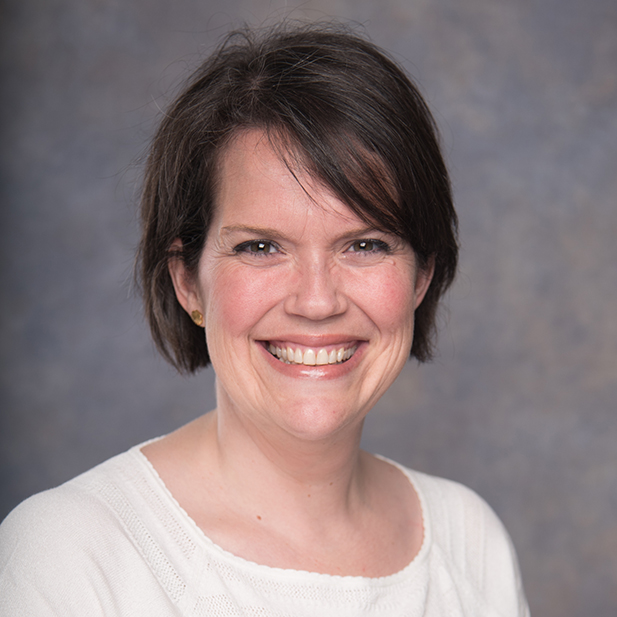Trauma, Resilience, and Teams

In recent weeks, I have been particularly moved by first-hand accounts of the bone-deep weariness faced by medical providers and allied health professionals caring for those with COVID. Of course, this also includes many of you, who navigate all of the challenges of caring for patients and families impacted by COVID, in addition to providing support and care to colleagues and staff. These days are so full of trauma, and so many in our midst are living it up close and personally.
Several of our Communities of Practice are doing some deep reflective work on the role of trauma – both current and historical, collective and individual – in our professional work and identities. The East Central CoP recently gathered online for one of their twice-yearly retreats. Dr. Lisa Smith, medical director of outpatient mental health services at Rocky Mountain Regional VA Medical Center in Aurora, CO, described the impact of trauma on the clinical learning process. Dr. Smith’s experience as an attending physician, teaching and mentoring new clinicians provided a rich grounding for conversation among pastoral educators and spiritual care providers.
According to Dr. Smith, trauma is widespread and ubiquitous (the prevalence of PTSD among allied health providers is 40%; 60% have some indicators of adverse childhood experiences!). And while its effects and aftermath show up differently in each individual, there are some common patterns: emotional reactivity, avoidance or checking out, fatigue or concentration problems. But shifting our mindset from a fixed, results-oriented educational model to a growth-oriented resiliency framework can lead to individual healing and professional flourishing.
Following Dr. Smith’s presentation, there were breakout sessions for three key audiences – clinical practitioners, educators, and psychotherapists. These three groups represent the membership of the East Central CoP, and more broadly, the membership of ACPE. These breakout sessions provided community members with the opportunity to discuss Dr. Smith’s presentation, as well as their own experience of working with trauma in the clinical and educational settings. As I joined with the educators, I was moved by hearing a wide variety of experiences of working with trauma in students and challenged to reflect on my own work with students and their trauma histories.
I suspect that in the months (and years) to come, we will be talking a lot more about the traumas of 2020, and the healing and resilience that can emerge when we develop a trauma-informed practice. How is your community working with this? How are you seeing it in your education and clinical practice? What resources have helped you understand trauma and build resilience? Please drop me a note (Katherine.higgins@acpe.edu) and let’s share our learnings and resources.
One final notable feature of the East Central’s recent gathering: This gathering made use of new technology available to all ACPE educators and psychotherapists – Microsoft Teams. Teams’ benefits include – it is (free) technology we already have as a part of the Microsoft suite; you can continue the conversation using the chat feature; document sharing; recording; and the “together mode” puts all participants in stadium seating, which gave us all a chuckle. As the technology race is on, Microsoft continues to improve and update the platform, and we remain hopeful that some of the bugs will be worked out in the coming months. I would like to say a huge thank you to Certified Educator and CoP Convener Mark Feldbush, who partnered with John Roch and Carl Jones-Reid in the ACPE office to apply the Teams platform to the work of the CoP.
If you would like to know more about how you might access and use Teams for the work of your CoP, please reach out! I would be happy to think with you about your needs and how we might meet them. And John and Carl will be offering Tech Talks in the coming weeks – drop-in sessions where you can learn more about the resources available to you as an ACPE member. Sign up here.
